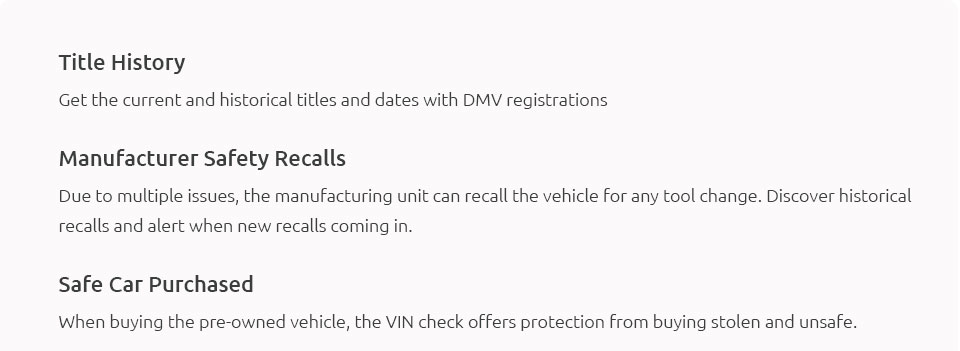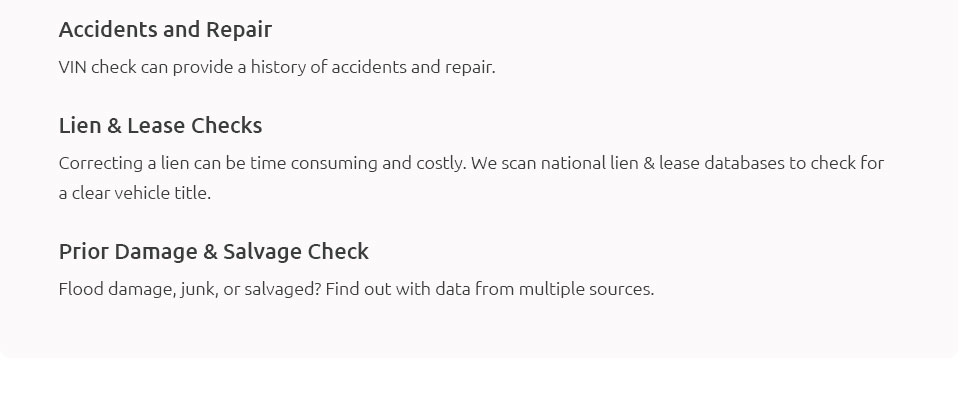 |
 |
 |
||
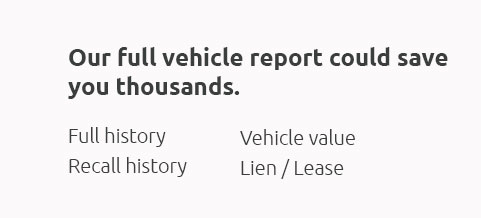 |
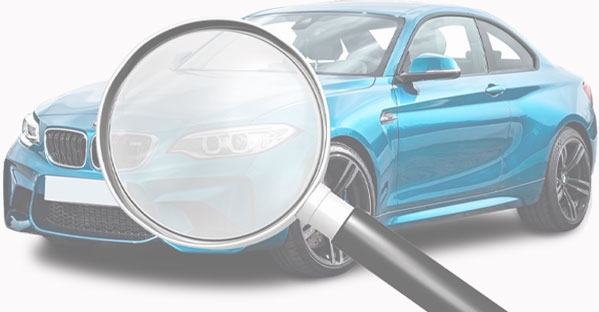 |
|
 |
||
 |
 |
 |
 |
||
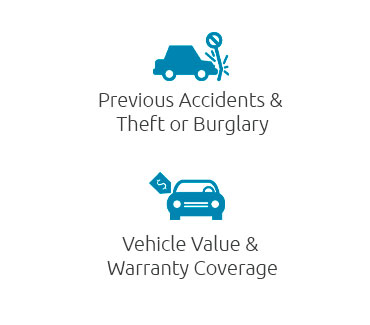 |
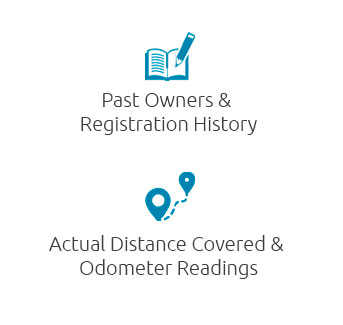 |
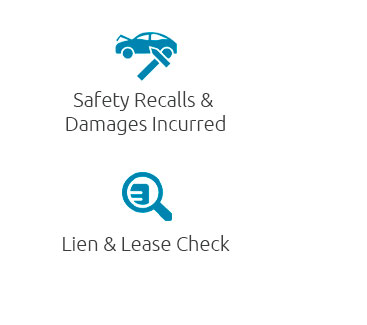 |
 |
 |
||||
|
||||
 |
Understanding the Importance of VIN Code ChecksIn the ever-evolving landscape of automotive ownership, the Vehicle Identification Number, or VIN, stands as a critical component in understanding a car's unique history and characteristics. While some might view a VIN as just a string of numbers and letters, it is, in essence, the fingerprint of your vehicle. A VIN code check can provide invaluable insights, yet many individuals overlook this simple step or, worse, fall into common pitfalls that could easily be avoided with a little guidance. Let us delve into the significance of a VIN check and highlight the mistakes one should avoid to ensure a seamless car-buying experience. What is a VIN Code? To the untrained eye, a VIN might appear as a random sequence, but it is actually a 17-character alphanumeric code that reveals a wealth of information about the vehicle. This includes the manufacturer, model year, engine type, and more. It is essential to understand that every vehicle has a unique VIN, akin to a social security number for cars. The Importance of Conducting a VIN Check Conducting a VIN check is an indispensable step when purchasing a used car. This process can unveil crucial information such as accident history, title issues, odometer readings, and even whether the car was previously stolen. In essence, it offers a comprehensive background check on the vehicle, safeguarding you against potential pitfalls. However, the efficacy of a VIN check hinges on the accuracy and reliability of the data source. Common Mistakes to Avoid
In conclusion, while a VIN code check is a potent ally in the car-buying process, it is crucial to approach it with a discerning eye and a clear understanding of its limitations. By avoiding common mistakes and ensuring you utilize reliable sources, you can confidently navigate the complexities of vehicle history and make informed decisions. As with any significant investment, due diligence is key, and a VIN check is a foundational element of that diligence. Remember, knowledge is power, and in the world of automobiles, a simple VIN code can unlock a treasure trove of insights that can protect your investment for years to come. https://www.toyota.com/owners/vehicle-specification/
Discover your Toyota's unique history with our VIN decoder. Enter your VIN to access valuable information like the year it was built, color, ... https://www.autocheck.com/vehiclehistory/vin-basics
You can obtain a free VIN check by entering it in the VIN check box below under "Run an AutoCheck vehicle history report." Enter your VIN in the space ... https://www.autozone.com/vin-decoder
Use our free Vehicle Identification Number (VIN) decoder to check your vehicle specs so you can easily find the parts you need on our site.
|

